It’s a common frustration; you try to search something on your chromebook, and come to find that it is blocked. Sometimes it’s a certain site, and sometimes it’s even just a random keyword.
But why do schools even block so many sites in the first place?
Obviously, blocking isn’t all bad. There are some sites that almost everyone can agree should be blocked from school chromebooks, such as content containing violent or sexual material. Such content poses no benefit for students, and can be especially harmful to those in lower grades who happen to accidentally stumble upon them. Blocking this type of content creates an environment that is more safe and clean, which makes sense for a school situation.
Additionally, there is the case of distraction. Many games and online sites that, while not harmful, may pose a distraction to students, are blocked. These sites can lead students to not focus on their work during class, much to the annoyance of teachers. While some may argue that not all games should be blocked, it seems that the issue isn’t up for discussion with those in charge.
However, if blocking websites is so beneficial, why is it that not only students but also teachers and staff have begun voicing their complaints? The answer is simple; there are too many sites being blocked that have no business being blocked. Whether it be due to poorly programmed blacklisting systems or a willful decision, blocked sites have become a major inconvenience as the number of blocked sites has greatly increased.
It’s not uncommon for students to be assigned something by their teacher, only to realize that they can’t even access part of the materials they need. Youtube videos are a common victim; whether or not they’re blocked seems to be a combination of chance and keywords. There are also many articles that are blocked, which creates an inconvenience for teachers and students in that it requires them to find another way to get the information they need.
Sometimes, blocking has absolutely no basis whatsoever. Innocent search results can be blocked, with the only explanation being that the ‘Keyword is in Global Block List. ’ It seems that this is not a willing decision on part of those in charge of choosing blocked sites, but rather a flaw in the system they use. By blocking certain keywords, staff hope to ban wide spans of potential harmful content with minimal effort. Unfortunately, this comes at a cost, in that many beneficial searches and sites are blocked as well. Instead of using more specific measures that may be more complicated and difficult, these simple tactics are used creating as many problems as solutions.
What can be done? With the root of the issue coming from the staff in charge of determining which websites are allowed, it is clear that this area needs attention. Blocking websites is often on a district basis, although many districts also automatically activate safe search which provides a baseline protection from explicit content. People need to push for more focus to be put on blocking harmful content without taking down beneficial sites with them. Of course, it is more time consuming to research which sites should not be blocked and which should without using keywords and domain names. This is why it is so important to voice concerns and spread awareness about why more priority should be given to this issue.


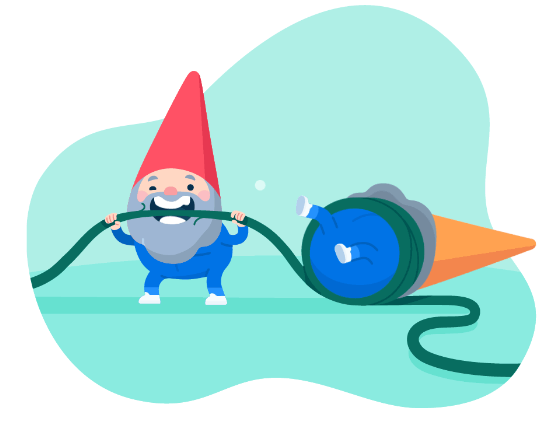
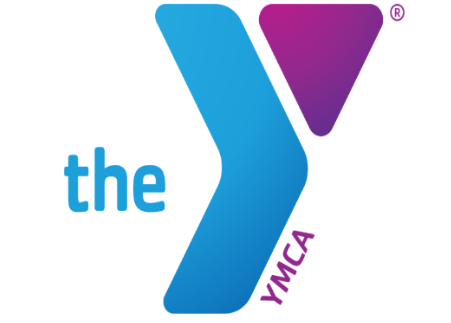
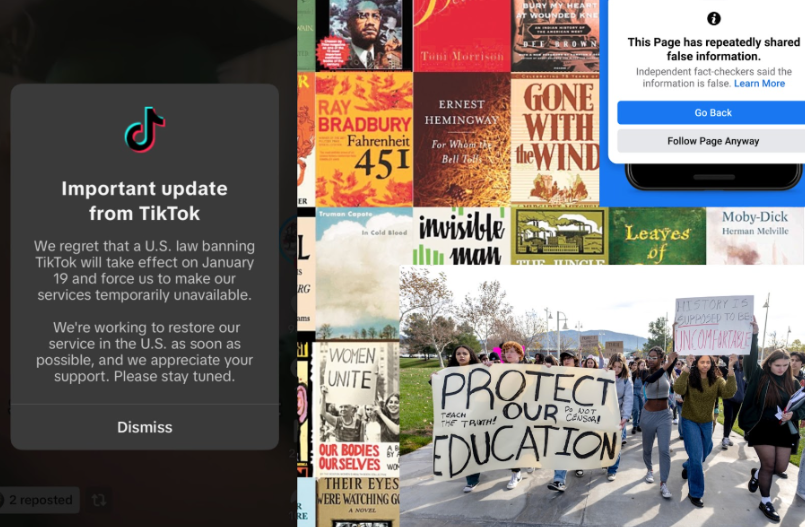
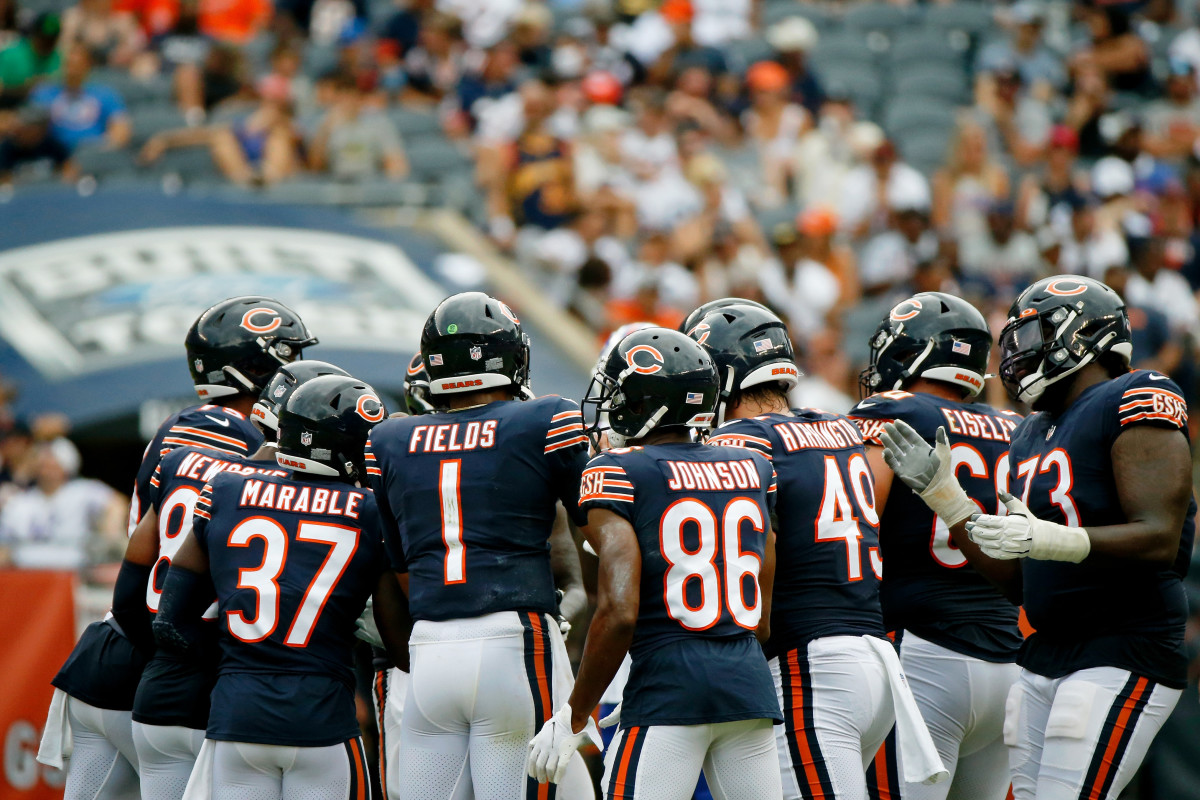

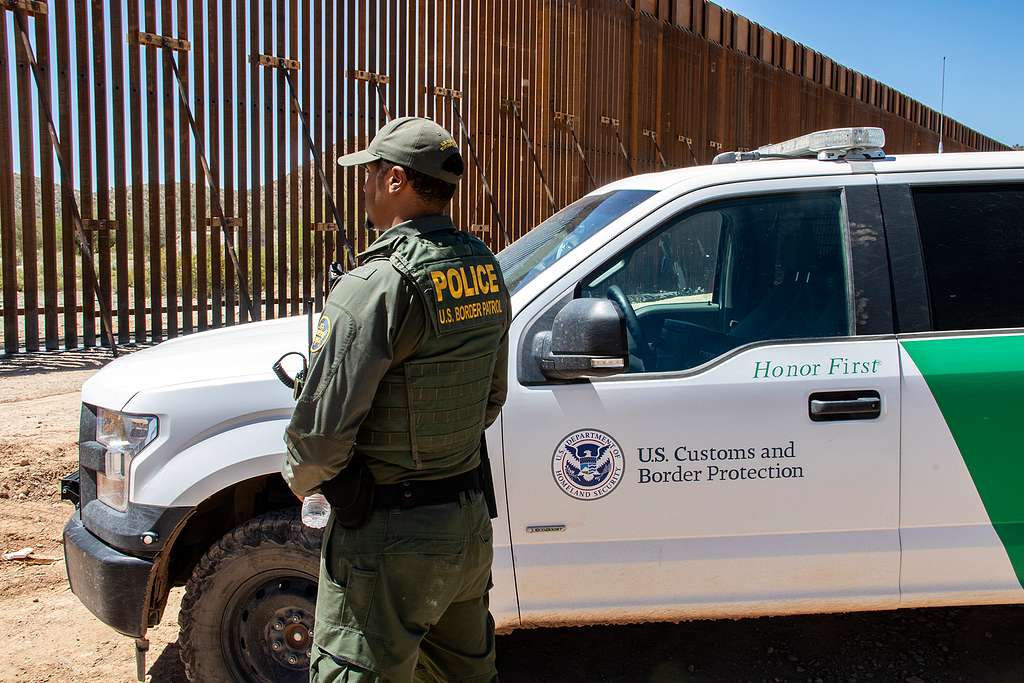
Demtrics Serpa • Aug 29, 2024 at 9:59 AM
good stuff i agree, with my belief being that anything music has no right being blocked. thumbs up double points awesome sauce radical
ht k5h • Feb 15, 2024 at 7:51 PM
it sucks
Anonymous • Jan 18, 2024 at 12:06 PM
fr
Paulina • Dec 18, 2023 at 11:41 PM
Real! I can’t even google some defientinions